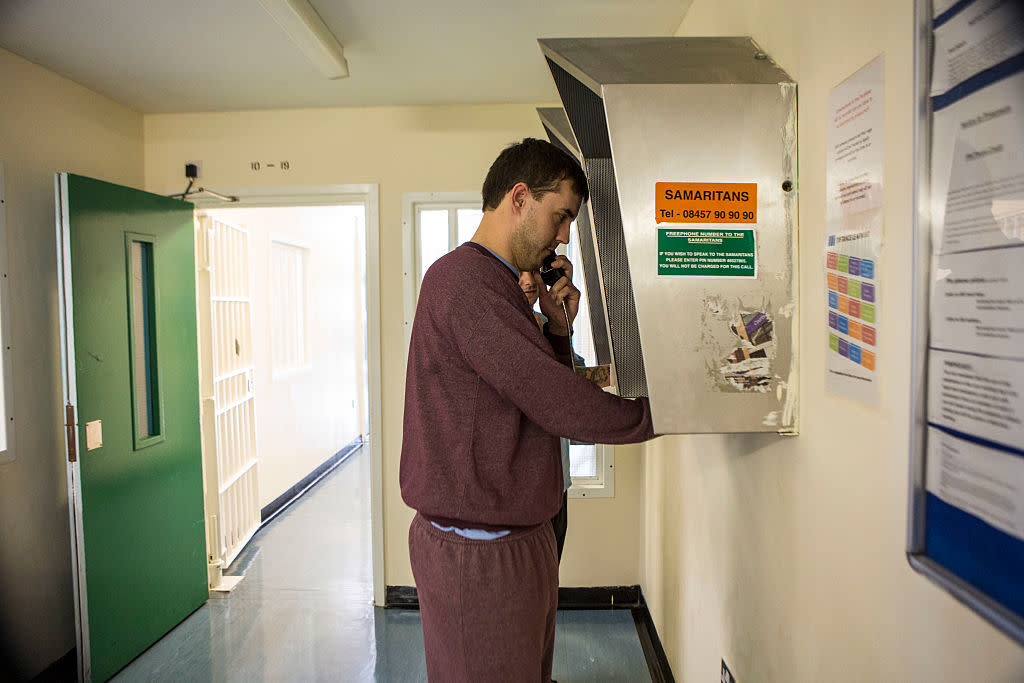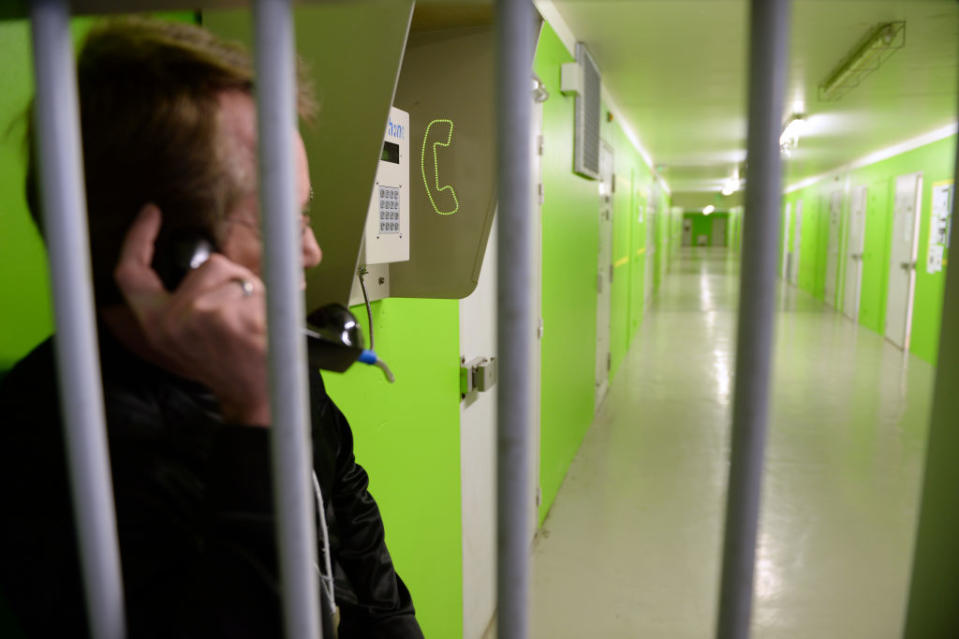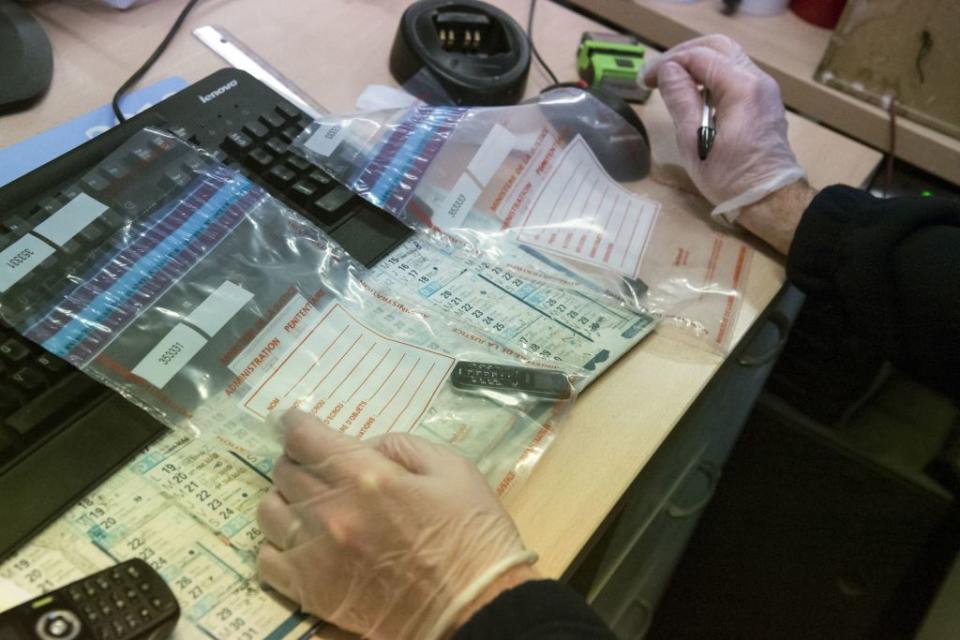£7m to be spent on phones in prisons to reduce violence

Thousands of prisoners across the UK will be granted access to make phone calls from their cells in a new Government initiative to stem violence.
Justice Secretary David Gauke will announce plans to invest £7 million on introducing in-cell telephones for more jails in England and Wales.
The technology is already in place at 20 prisons and plans are under way to extend the scheme to another 20 over the next two years.
Currently, most prisoners queue to make a phone call on the landings, which can be a trigger for violence, the Government said.
Long queues and a lack of privacy can cause tension between inmates, counteracting the benefit of maintaining family ties through while inside.

Officials emphasised that in-cell phones are subject to strict security measures.
All calls are recorded, users can only call a small number of pre-approved numbers and active monitoring can be introduced if there is any suspicion the service is being abused for crime.
The Ministry of Justice added that prisoners will continue to pay for their phone calls.
The move forms part of an effort to improve inmates’ ability to maintain communication with relatives, which is seen as a key factor in reducing the chances of returning to crime.
The announcement comes as part of a £30m plan to reduce the surging levels of violence, self-harm and drug use in prisons.
In another step, every prisoner will be given a ‘risk rating’ under plans to choke off the influence of criminal kingpins behind bars.
Inmates will be assessed according to their chances of taking part in violence, escapes, disturbances and gang activity.

In a speech at an event hosted by the Centre for Social Justice, Gauke will say: ‘Decency also extends to how we treat prisoners – fairly and consistently, with time out of their cells, activities, and the opportunity to maintain family relationships.
‘As Lord Farmer made clear in his ground-breaking review last year, supportive relationships are critical to achieving rehabilitation.’
The government announcement was welcomed by John McLaughlin, director of the privately-run Oakwood in Wolverhampton, which also permits calls from some of its cells.
He told the BBC: ‘Anything that enhances the contact between a prisoner and his family or loved ones is vital.
‘I’ve worked in prisons where telephony is available on the landings, there’s a queuing system, people can’t get the contact with their loved ones at the appropriate time of day.’
Mr Gauke will also:
– commit £16 million to improve the fabric of prisons, targeting establishments with the most pressing maintenance issues
– reveal the Government is considering enhanced “drug-free wings” where prisoners can live in better conditions if they agree to undergo regular testing
– announce £6 million has been earmarked for safety measures including airport-style security scanners, improved searching techniques and phone-blocking technology
– confirm plans to give governors more power to set “incentives and earned privileges” schemes under which inmates are rewarded for good behaviour.
The speech comes a day before the Government’s record on prisons falls under further scrutiny with the publication of Chief Inspector of Prisons Peter Clarke’s annual report.

 Yahoo News
Yahoo News 
